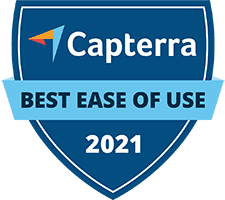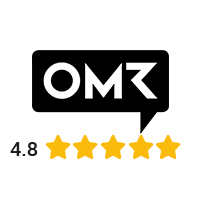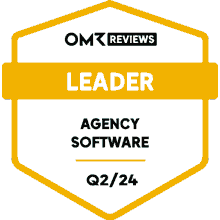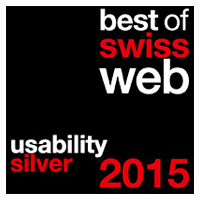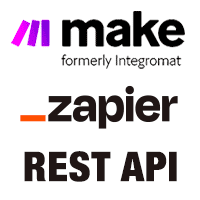Article from
E-Invoices for B2B Transactions – New Requirement in Germany Starting 2025.
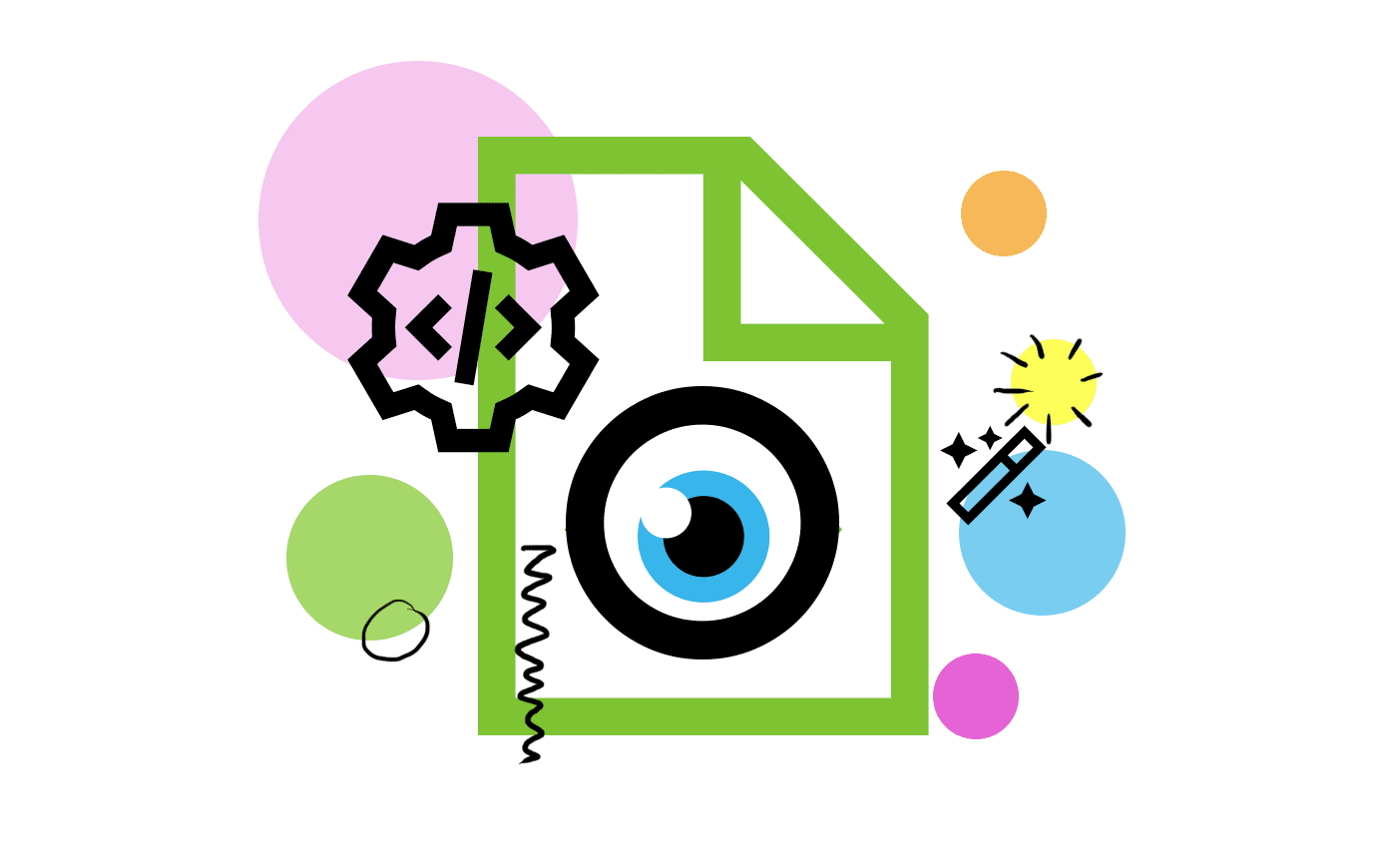 English image not yet available...
English image not yet available...In the EU, and thus in Germany, electronic invoices in the B2B sector will soon become mandatory. The first step in Germany is the requirement to receive e-invoices starting in 2025. Here, we provide an overview of the plan and status for Germany – and how it is considered in MOCO (updated 11/25/24).
Timeline for Germany
The introduction will be gradual starting January 1, 2025:
Step 1 from 01/01/2025 – Incoming Invoices
Every entrepreneur receiving services from other domestic entrepreneurs must be able to receive and process e-invoices (the previously required consent to receive an e-invoice is no longer needed).
Every entrepreneur receiving services from other domestic entrepreneurs must be able to receive and process e-invoices (the previously required consent to receive an e-invoice is no longer needed).
Step 2 from 01/01/2027 – Outgoing Invoices
Various transition periods are planned for the creation of e-invoices (§ 27 Abs. 39 UStG-E): Until the end of December 2025, paper and PDF invoices are still allowed. For a turnover under 800,000 EUR in 2025, the deadline extends to the end of 2026. By January 1, 2027, paper and PDF invoices in the B2B sector should be a thing of the past.
Various transition periods are planned for the creation of e-invoices (§ 27 Abs. 39 UStG-E): Until the end of December 2025, paper and PDF invoices are still allowed. For a turnover under 800,000 EUR in 2025, the deadline extends to the end of 2026. By January 1, 2027, paper and PDF invoices in the B2B sector should be a thing of the past.
This means for you: Your company must be able to receive an e-invoice after the turn of the year.
Background: EU Initiative
The EU Commission has taken initial steps to curb VAT fraud – with the VAT in the Digital Age Initiative (ViDA). The introduction for the entire EU is planned for January 1, 2028.
In Italy, for example, the e-invoice has been mandatory for some time and is very successful in reducing tax fraud.
Germany now also plans to gradually introduce the mandatory e-invoice for national B2B transactions starting January 1, 2025, as part of the Growth Opportunities Act.
In Italy, for example, the e-invoice has been mandatory for some time and is very successful in reducing tax fraud.
Germany now also plans to gradually introduce the mandatory e-invoice for national B2B transactions starting January 1, 2025, as part of the Growth Opportunities Act.
"VAT in the Digital Age (ViDA)" At a Glance
- Measure: It involves the introduction of the e-invoice for intra-community transactions – the e-invoice should become the standard.
- Timeline for Introduction: From January 1, 2025, specific requirements for an e-invoice apply: A structured electronic format in XML that allows automatic and electronic processing. From 2025, transmission should occur without the recipient's consent.
- Transitional Regulations until 2028: Paper invoices and other electronic formats (e.g., PDF) will temporarily continue to be accepted.
- Mandatory from January 1, 2028: The e-invoice will be mandatory for intra-community transactions from January 1, 2028.
- Mandatory Information: IBAN of the service provider and payment due date.
- Challenges: Collective invoices will no longer be permitted, and invoicing must occur no later than 2 business days after service delivery.
There is political resistance. The Economic Policy Committee (ECON) suggests at least a one-year delay, and the EU Parliament advocates for a relaxation of the timeline. Therefore, the final timeline is currently uncertain.
Implementation in Germany: The Growth Opportunities Act
- Measure in Germany: EU member states are now striving for national-level implementation. Germany intends for the Bundestag to comprehensively revise § 14 of the Value Added Tax Act (UStG) with the Growth Opportunities Act and establish the e-invoice as the standard procedure for national B2B services in Germany. Approval from the Bundesrat occurred on March 22, 2024.
- Affected are: Domestic B2B transactions: Services according to § 1 Abs. 1 Nr. 1 UStG, provided both involved parties (entrepreneurs) have their headquarters, management, a VAT-relevant permanent establishment, or their residence or habitual abode in Germany. This is required according to § 14 Abs. 2 Satz 6 UStG-E.
- Exceptions: According to the draft, small invoices up to 250 euros as well as travel tickets.
Definition of the E-Invoice
The draft law defines an e-invoice as an invoice issued, transmitted, and received in a structured electronic format that enables electronic processing.
OLD: Paper and PDF Invoice
NEW: Structured format that allows electronic processing
NEW: Structured format that allows electronic processing
The well-known hybrid formats XRechnung and ZUGFeRD (from version 2.2) generally meet the planned legal requirements.
- XRechnung: It is a data format that has already been established in public procurement invoicing (B2G).
- ZUGFeRD: The format generates, as a so-called hybrid format, both an XML file and a human-readable PDF file.
MOCO + E-Invoice
More and more companies expect their business partners to be able to receive and send electronic invoices. Therefore, the pressure to switch is growing, regardless of the national or EU legislative timelines.
